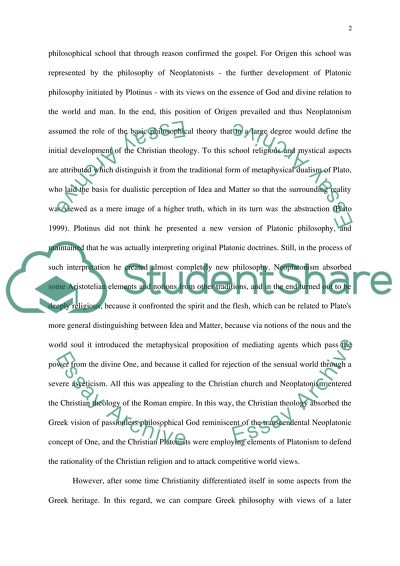Cite this document
(“Explore the ways in which late antique or medieval Christian thought Essay”, n.d.)
Retrieved from https://studentshare.org/miscellaneous/1535650-explore-the-ways-in-which-late-antique-or-medieval-christian-thought-ie-st-thomas-aquinas-compares-and-contrasts-with-greek-philosophy-ie-plato-and-aris
Retrieved from https://studentshare.org/miscellaneous/1535650-explore-the-ways-in-which-late-antique-or-medieval-christian-thought-ie-st-thomas-aquinas-compares-and-contrasts-with-greek-philosophy-ie-plato-and-aris
(Explore the Ways in Which Late Antique or Medieval Christian Thought Essay)
https://studentshare.org/miscellaneous/1535650-explore-the-ways-in-which-late-antique-or-medieval-christian-thought-ie-st-thomas-aquinas-compares-and-contrasts-with-greek-philosophy-ie-plato-and-aris.
https://studentshare.org/miscellaneous/1535650-explore-the-ways-in-which-late-antique-or-medieval-christian-thought-ie-st-thomas-aquinas-compares-and-contrasts-with-greek-philosophy-ie-plato-and-aris.
“Explore the Ways in Which Late Antique or Medieval Christian Thought Essay”, n.d. https://studentshare.org/miscellaneous/1535650-explore-the-ways-in-which-late-antique-or-medieval-christian-thought-ie-st-thomas-aquinas-compares-and-contrasts-with-greek-philosophy-ie-plato-and-aris.


